Episode 262: Anti-Racism in Medicine Series – Episode 18 – Remedying Health Inequities Driven by the Carceral System
The Clinical Problem Solvers
OCTOBER 18, 2022
Providing communities with the resources they need to survive, such as educational opportunities, jobs, and quality healthcare, will eliminate the need for incarceration. The ways to remedy the negative impacts of incarceration are to incarcerate fewer people and to invest in communities.


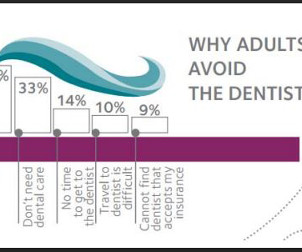
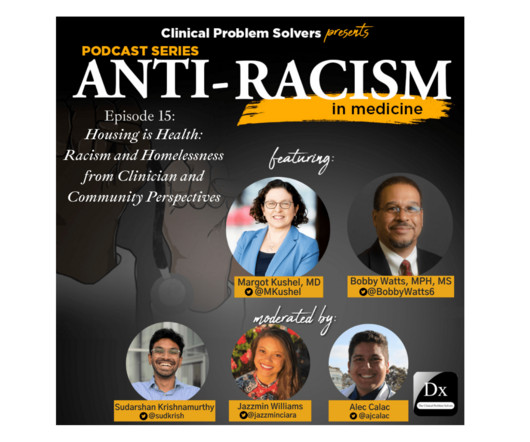


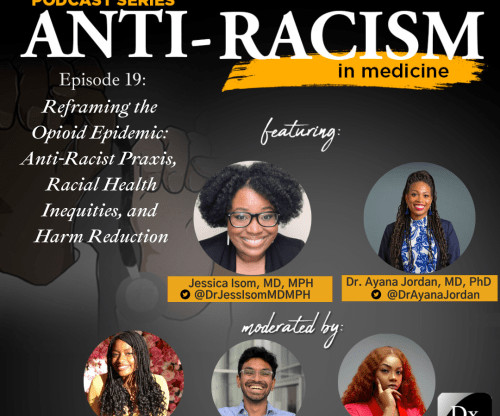
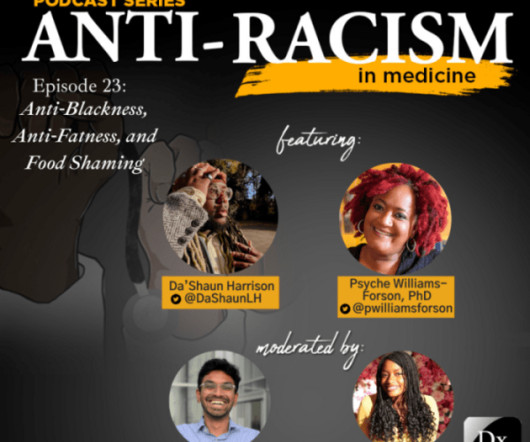





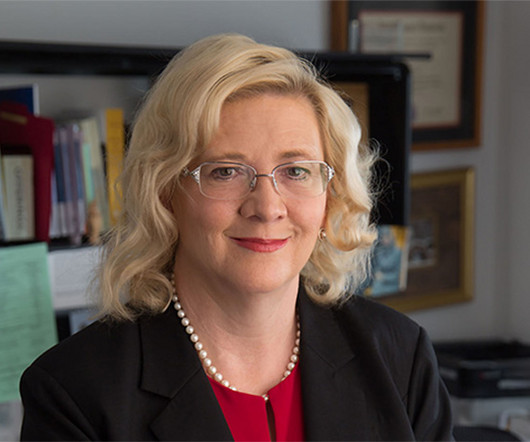

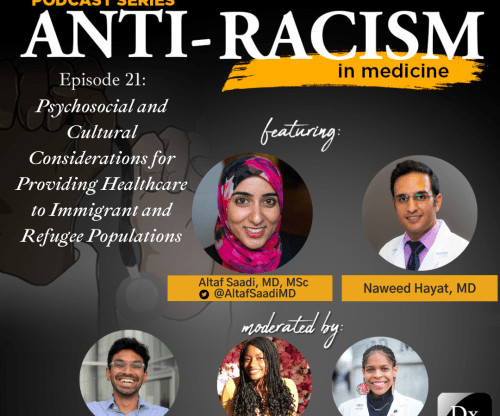






Let's personalize your content